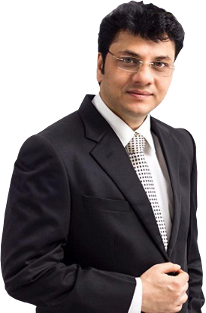Speech and Language Disorders
A speech disorder refers to a problem with the actual production of sounds, whereas a language disorder refers to a difficulty understanding spoken and written words or putting words together to communicate ideas.
Speech Disorders
Speech Disorders
1. Articulation disorders
Problems with the pitch, volume, or quality of the voice. Many things can injure our vocal cords such as Talking too much, screaming, constantly clearing your throat, reflux of stomach content or smoking can make voice hoarse or lead to nodules or polyps on the vocal cords.
4. Motor speech disorders
Difficulties producing sounds in syllables or saying words incorrectly, Speaking with a lisp (using “th” for the “s” sound) is an example.
2. Flow or Fluency disorders
2. Flow or Fluency disorders
Problems such as stuttering, in which a person may hesitate while speaking or repeat sound or words.
3. Resonance or voice disorders
3. Resonance or voice disorders
Problems with the pitch, volume, or quality of the voice. Many things can injure our vocal cords such as Talking too much, screaming, constantly clearing your throat, reflux of stomach content or smoking can make voice hoarse or lead to nodules or polyps on the vocal cords.
4. Motor speech disorders
They are a class of speech disorder that disturb the body’s natural ability to speak
5. Language Disorders
5. Language Disorders
-
Receptive disorders:Difficulties understanding message coming from others
-
Expressive disorders: Difficulty putting words together, limited vocabulary, or inability to use language
Language disorders include:
-
Language delay
-
Learning disability
-
Dyslexia
-
ADHD (Attention Deficit Hyperactivity Disorder)
-
Autism
-
Hearing loss
-
Aphasia
Treatment: Speech Therapy
A speech-language pathologist can tailor a specific program based on individual needs. Family participation is an integral part of the therapy.
Therapists use a variety of strategies, including:
Articulation therapy: Articulation, or sound production, exercises involve having the therapist model correct sounds and syllables for a child, often during play activities. The level of play is age-appropriate and related to the child’s specific needs.
Oral-motor/feeding and swallowing therapy: The SLP will use a variety of oral exercises — including facial massage and various tongue, lip, and jaw exercises — to strengthen the muscles of the mouth.
Our Specialist

Dr. Nitish Jhawar
M.S., FMAS, FIAGES, FALS, FACRSI
Fellow Advance Laparoscopic Surgery
Fellow Colorectal Surgery USA
Senior Laparoscopic & Colorectal Surgeon
Phone No: +91 9322 229 159
Email Id: info@neoalta.com

